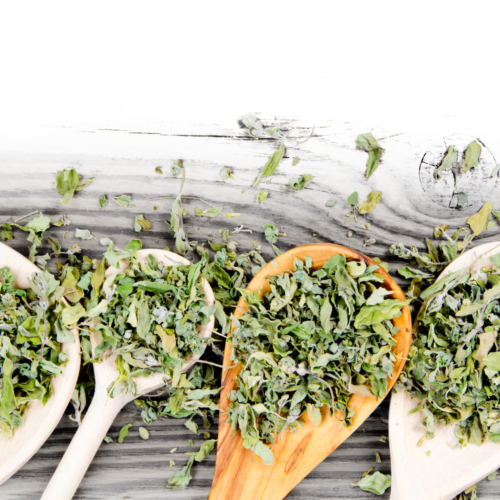Have you ever considered what constitutes your identity?
What makes you, you?
And especially, what do you claim as being yours?
This might sound unexpectedly philosophical for an article.
But trust me, this can make a big difference in your health.
In what feels like another lifetime, when I had fibromyalgia, I remember standing outside of class in grad school talking with some friends.
I said something about “my fibromyalgia…”
One of the guys glared at me and asked “Oh? Is it yours? You want to keep it?”
It startled me, but I will never forget it either.
His point was that with that word “my…” I was claiming this illness.
I was making it mine. And if something is mine, I’m not gonna want to give it up.
Think about it, if you say “your car,” “your house,” “your family,” those are things that you are claiming. You’re not going to give those up or let someone take them from you.
I know it may seem like just semantics, but this goes to some deep psychology concepts that you will want on your side to achieve greater health!
Start paying attention how often you claim a symptom that you don’t want.
Just in this one week (I’m writing this on a Tuesday), I’ve heard people say “my… acne, headaches, period issues, autoimmunity, insomnia, bad back, knee pain, depression, anxiety…” I could go on.
When you do catch yourself claiming a symptom as yours, try swapping out “my” for “the.”
It might feel weird at first, and it might take practice to make that change, but it is important that you don’t claim a symptom as a part of you or as yours.
This also leads into having an illness as part of your identity.
You are not an illness.
I know that sometimes the problem starts with docs talking about “that cancer patient” “that MS patient” and so forth.
But that is not who you are.
That’s also why, in my practice, I work with you to support your body. To help your body heal. It’s never about beating whatever symptom. You are not a battle ground.
There is so much more to you than some symptom or illness.
Sometimes, subconsciously, when we’ve combined the illness with our identity, the body isn’t going to let us heal.
Because then, healing would also mean losing our identity.
I’ve seen this happen.
But I’ve also seen these little semantic tweaks change everything.
Which is also why I would recommend being careful with your “I am…” statements.
All of those “I am tired” “I am fat” “I am angry” “I am hopeless” statements.
You might feel that way. But you aren’t any of those things.
Try saying “I feel tired” “I feel fat” “I feel angry” “I feel hopeless.”
Don’t ignore those feelings, but don’t become them, either.
And realize there is a difference between how you feel in the moment and who you are.
Those are really simple changes, right? Excellent!
That makes them super doable.
And then I look forward to hearing from you how these changes are going for you!
























